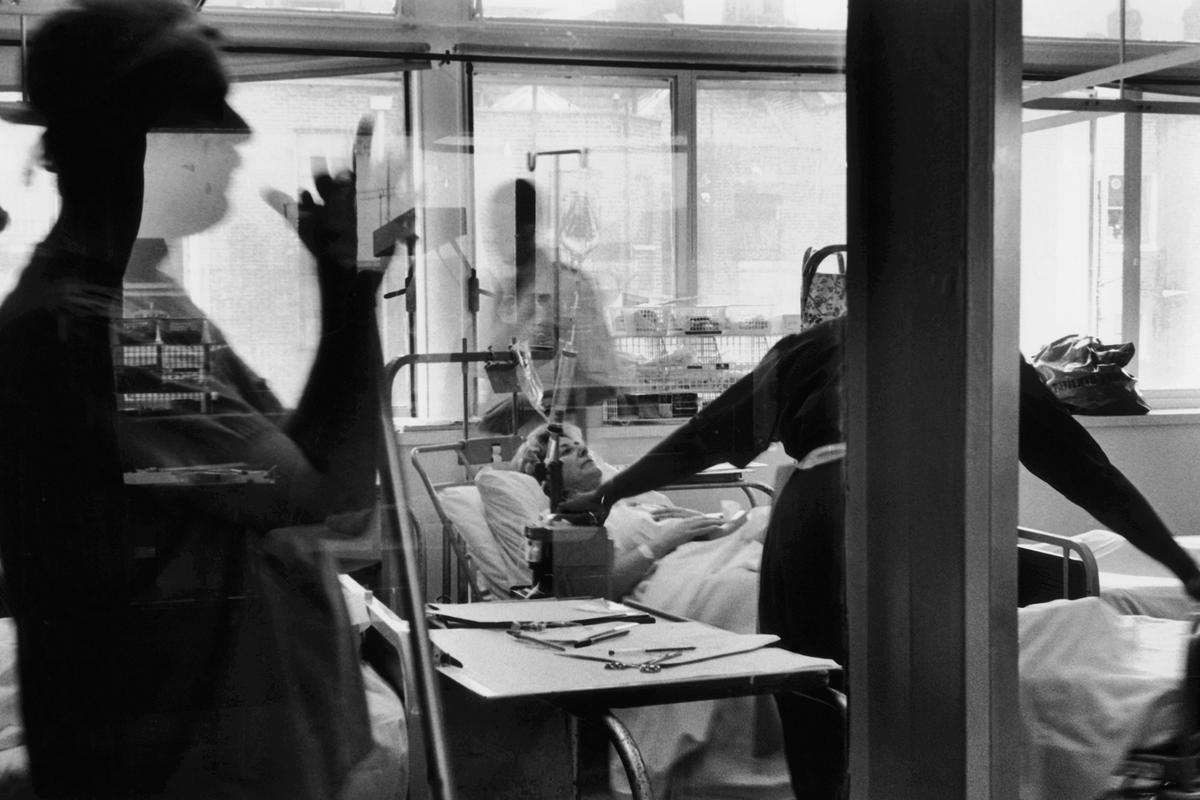
"Han would lie in bed deliberating the options in his head. 'I'm going to sleep better if I send them to the emergency room,' he says now, 'but I know that I'm using resources, it's inconveniencing everyone, and it may be all for nothing.' He sometimes lost sleep fretting about the consequences of his eventual decision, calling patients back hours later to make sure they were all right."
"What Han found strange, however, was how no one around him ever talked about this pervasive uncertainty. 'There's nothing magical about most diagnoses,' explains Jonathan Ilgen, who researches medical uncertainty at the University of Washington in Seattle. Of course, Ilgen says, some diagnoses, such as viral infections, can be definitively established through testing - but clinical diagnoses, which doctors determine by collating data from various sources, are more 'socially generated hypotheses' than anything else."
Paul Han recalls late-night patient calls reporting chest pain and the ensuing need to decide whether to advise emergency care, wait, or arrange transport. He weighed patient safety against resource use and inconvenience while worrying about possible unnecessary ER visits. Clinical practice often confronts ambiguous symptoms and evolving knowledge, making diagnoses provisional and hypothesis-driven. Some conditions can be confirmed by tests, but many diagnoses arise from synthesizing imperfect data. Training often does not address these moments of uncertainty, leading clinicians to develop personal rules and experience significant emotional burden when making high-stakes decisions.
Read at Aeon
Unable to calculate read time
Collection
[
|
...
]